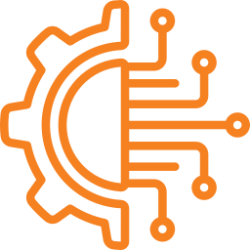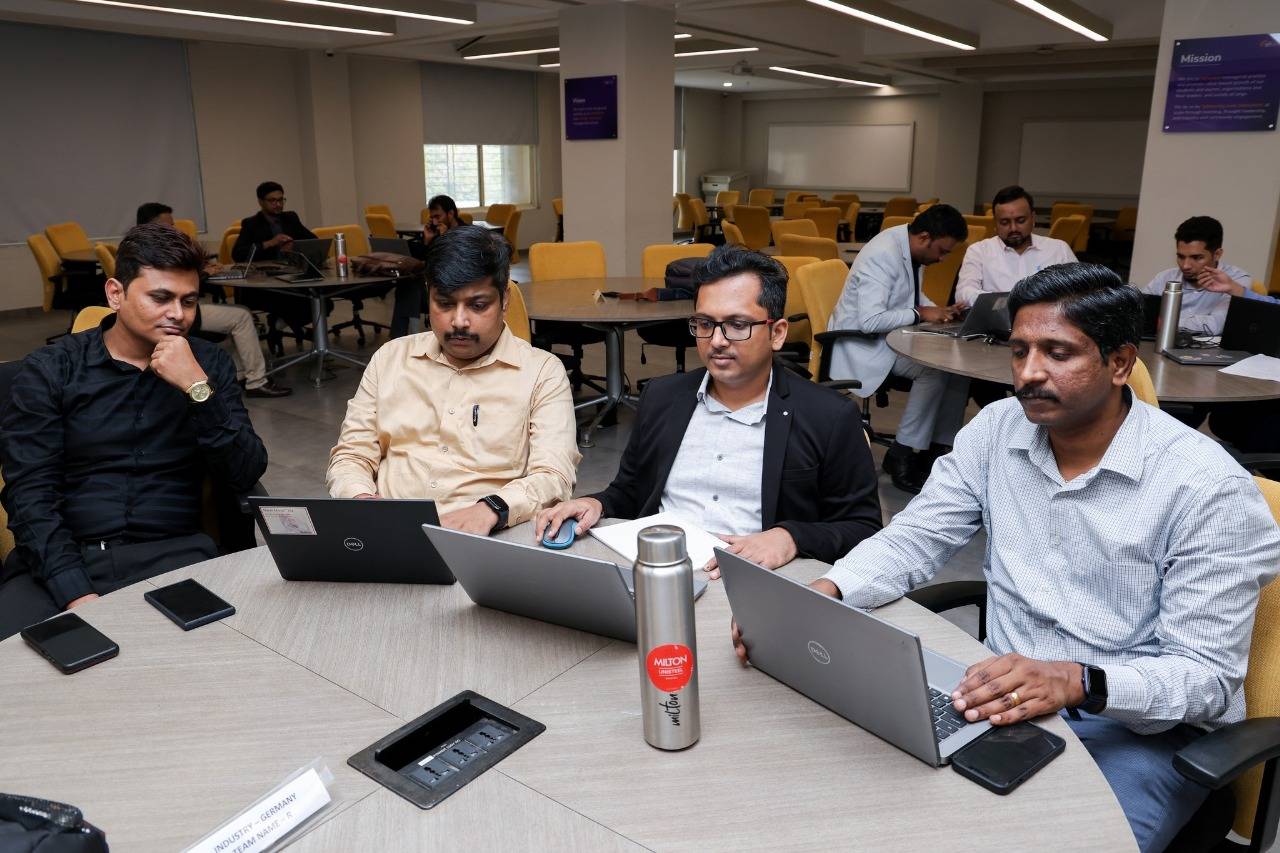Experience is an influential asset. It echoes years of navigating complexity, solving real-world challenges, and delivering steady value. But the environment that leaders function in these days is no longer defined by predictability or stability. From AI-based transformation and climate change pressures to geopolitical shifts and evolving stakeholder stresses, the leadership landscape is being redefined in real time.
In this setting, previous accomplishments are not a guarantee of future impact. The next decade will mandate that leaders should be able to complement their experience with emotional intelligence, strategic agility, and a mindset of unceasing reinvention. It’s no longer enough to know what worked before; leaders must be ready to rethink, relearn, and lead differently.

Image credit: SPJIMR
This is the shift from experience to expertise, not just doing more of the same, but evolving how one thinks, decides, and drives change.
Where experience falls short
Deep domain expertise builds credibility, but it doesn’t prepare leaders to redefine strategy, reshape markets, or inspire various functions. Nokia’s story is a cautionary one. In the early 2000s, Nokia dominated the mobile handset ecosystem. Its success was based on solid hardware design and highly effective worldwide operations.
However, as smartphones began emerging, Nokia struggled to change from its comfort zone of feature phones to modern, ecosystem-driven devices. It misjudged the surge of app-centric platforms, touchscreens, and consumer expectations. Despite its reputable systems, Nokia delayed moving to more advanced platforms, while competitors like Apple and Samsung charged ahead.

Image credit: Sarf Trading
By 2011, sales had fallen sharply, and in February 2011, Chief Executive Officer Stephen Elop pronounced Nokia as ‘standing on a burning platform,’ a blunt admission of its predicament. Although the organisation then partnered with Microsoft, the Windows-based strategy proved too little, too late. Its smartphone share, once over 30 per cent, fell below 3 percent by 2013, ultimately leading to the sale of its handset business in 2014.
The deeper warning here is not about product failure but the inflexibility of its leadership. Nokia’s expertise in hardware and supply chain couldn’t offset its slow strategic response. Its leaders weren’t prepared to question ingrained success, nor to rewire the company for a software-first ecosystem. As a result, they missed the shift from execution excellence to strategic reinvention.
Leadership expertise for the modern era
Leadership now is no longer about giving commands from the top; it’s about joining the dots across disciplines, cultures, and contexts. The most effective leaders integrate hard and soft skills, shaping outcomes through gentle influence, not just implicit authority.

Strategic ease across finance, markets, and technology
Leaders must make informed decisions that align innovation with commercial feasibility. This necessitates an integrated view of business dynamics and the prudence to navigate disruption.

Cultural empathy and emotional intelligence
Understanding team dynamics, varied motivations, and global mindsets is key to building trust and inspiring high performance. Leadership now is as much about listening as it is about leading.

Adaptability to ambiguity and unforeseen challenges
From the pandemic to geopolitical turmoil, the last decade has shown that static playbooks no longer work. Leaders must be comfortable making high-stakes decisions with incomplete information.

Collaborative influence across geographies and generations
Controlling styles are giving way to networked leadership. Today’s leaders must adopt inclusion and encourage cross-functional teams across cultures, time zones, and age groups.
These qualities go far beyond technical skill or tenure. They reflect a new kind of leadership ethos, one that is human-centric, future-facing, and continuously evolving.
Global case study: Mary Barra’s reinvention of General Motors (GM)
Mary Barra, CEO of General Motors since 2014, exemplifies how experience can grow into modern leadership expertise. Under her leadership, GM embraced transparency during the 2014 crisis with public accountability and cultural overhaul, not defensive tactics.
Barra then pivoted GM to a strategic vision focused on future technologies in 2021. She announced a $35 billion investment in electric and autonomous vehicles, backed by milestones and infrastructure planning.
Even more telling: Barra dismantled silos by empowering operations, engineering and HR to lead initiatives, fostering inclusivity and ensuring cross-domain dexterity. Today, GM is the second-largest electric vehicle seller in the US, even amid global economic pressures.
Barra’s career demonstrates what strategic expertise looks like: evolving beyond functional roots to lead transformation at scale.

Image credit: Founders Today
Carpe diem: Why taking action now matters most
The next decade is expected to bring unyielding change, necessitating leaders to grow faster than ever. AI and automation are already disrupting traditional leadership processes, redefining decision-making and personnel work structures. Concurrently, ESG, sustainability, and stakeholder management have shifted from being simply compliance checkboxes to strategic essentials. With multigenerational teams and hybrid models becoming the standard, inclusive leadership with emotional intelligence is vital. Add to this the pace of technological change, and it’s clear that leaders must build the capability to adapt, align, and act.
How PGEMP empowers leaders for what comes next
The SPJIMR Post Graduate Executive Management Programme (PGEMP) is precisely designed to support skilled professionals making this leap without pausing their careers. It is ideal for working professionals aspiring to do an Executive MBA (EMBA), offering a rigorous yet flexible pathway to leadership.
Over 21 months, PGEMP delivers:
- Learning around strategy, finance, technology, and leadership
- Peer-group diversity that fuels a cross-functional perspective and insight
- Applied capstone projects based on real business challenges
- Structured feedback loops and faculty coaching

Image credit: SPJIMR
This balance ensures leaders don’t just learn; it also transforms how they think, collaborate, and lead. PGEMP alumni move into enterprise leadership roles. Many now guide transformative programmes across IT, manufacturing, healthcare, and consulting. Their shared achievement is a complete shift from being execution experts to influencing enterprise direction-making and leading change at a large scale.
Experience builds credibility. Strategic expertise shapes the future. As the next decade unfolds, leaders must be both grounded in their past and equipped for change. PGEMP offers that bridge.
Explore how PGEMP can prepare leaders for the challenges ahead
About the author

ShabbirHusain R.V.
ShabbirHusain R.V. is an Associate Professor of Marketing at SPJIMR and Chairperson of the PGEMP and PGPMBM programmes. He holds a Fellowship in Management from XLRI Jamshedpur and a PGDM from IIM Calcutta. With over 20 years of experience, he has worked with leading consulting firms before transitioning to academia. His research focuses on sustainability, consumer behaviour, and online consumer behaviour, with contributions published in journals and presented at academic conferences.
Register your interest for this programme
Please fill in the following details





